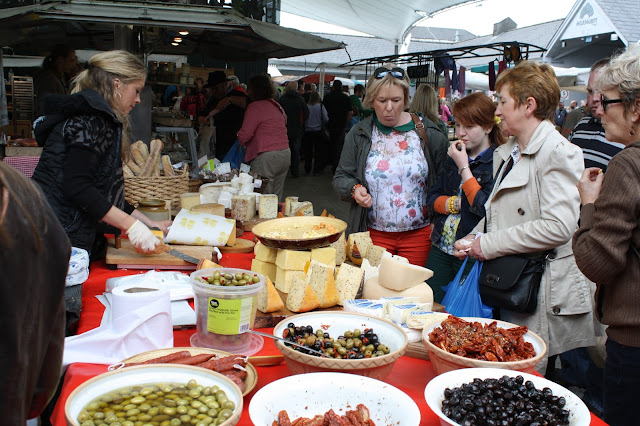I met up with some Asian friends whom I had not
seen in 30 years and congratulated each other on how like fine wine we have
aged, and jokingly, talked about the gold bullion that we have locked in a safe deposit box somewhere - the latter I take to denote success or how far we have come in life through
dogged determination and sheer hard work.
So, what is it with Asians and a spirit of
excellence?
According to a New York Times
2012 report, Asian-Americans constitute 5.6 percent of the nation’s population
but 12 to 18 percent of the student body at Ivy League schools. The percentages are astounding: 24%
at Stanford, 18% at Harvard, and 25% at both Columbia and Cornell. More Asian
Americans over the age of 25 have bachelor's degrees and advanced degrees than
any other race or ethnic group. Besides outperforming their colleagues in
school, Asian Americans also bring home higher incomes than their non-Asian
counterparts - almost $10,000 more annually than the rest of the population
(2002 statistics).
My take is that it is not that
we are born Asian that we reach for excellence, but rather how we are raised.
There have been so many reports
and books written about the Asian concept of
hard work and success and when I chance upon yet another, I never fail
to give it a good read. I guess it is partly to double check whether I have
been doing the right thing especially when others do not practise the same
parenting techniques that I do.
In Top of the Class: How Asian Parents
Raise High Achievers - and How You Can Too, the daughters of Korean
immigrants Dr. Soo Kim Abboud and Jane
Kim discuss 17 ways parents can raise children to love learning and maximize
their intellectual potential. Abboud is a clinical assistant professor at the
University of Pennsylvania, and Jane Kim is a lawyer who specializes in
immigration issues
I tend to agree with the overall
slant of the book.
One of my friends told me that
I have always been an achiever. I find great contentment in achieving and
living to one’s full potential. In agriculture terms, when I put my hand on the
plough there are no half measures, no laid back attitude - whether it is being a lecturer in the
classroom or in planting potatoes in my back yard. To me, we are given a spirit
of excellence and to settle for anything less is to sell yourself short.
Asian children are brought up with three clear
cut rules:
·
Respect your elders (teachers, people who are
older and people in authority) and obey your
parents.
·
Study hard and do well in school to secure a
bright future.
·
Mediocrity does not garner praise. Hard work and
praiseworthy performance do.
The final ring of the school bell does not mean freedom from
learning and education. Studying still takes place at home – homework,
assignments and sometimes even doing additional workbooks given by the parents
themselves. Besides doing household chores, studying is a normal way of life away from the
multitude of distractions that others face once school ends.
I respect educators, and this
respect is passed on to my children as I view the educators as collaborators -
not adversaries. I strongly believe that if children do not respect their
educators, then they will find it difficult to embrace their roles as students
or subordinates, not only in the
classroom but in the home and society as well. It is sad that while Teacher’s
Day is celebrated in Malaysia and in other parts of the world, Irish teachers
in the town where I live do not enjoy the same celebration. If I am not
mistaken, my daughter was the only one who made appreciation cards for the
teachers during Teacher’s Day this year..
I do not know how it has evolved
such that children are rewarded for mediocre school performances, for fear that
any challenge or correction will permanently damage their children's
self-esteem.
To me, I believe in both effort and result, commiserating with the
child’s ability.
Anything less is
underachieving, indiscipline and looking for short cuts in life.
Source: New Straits Times 25 August 2013























